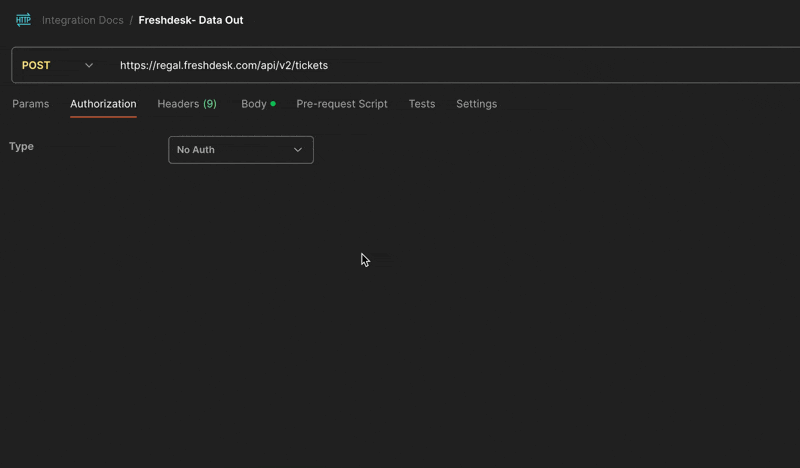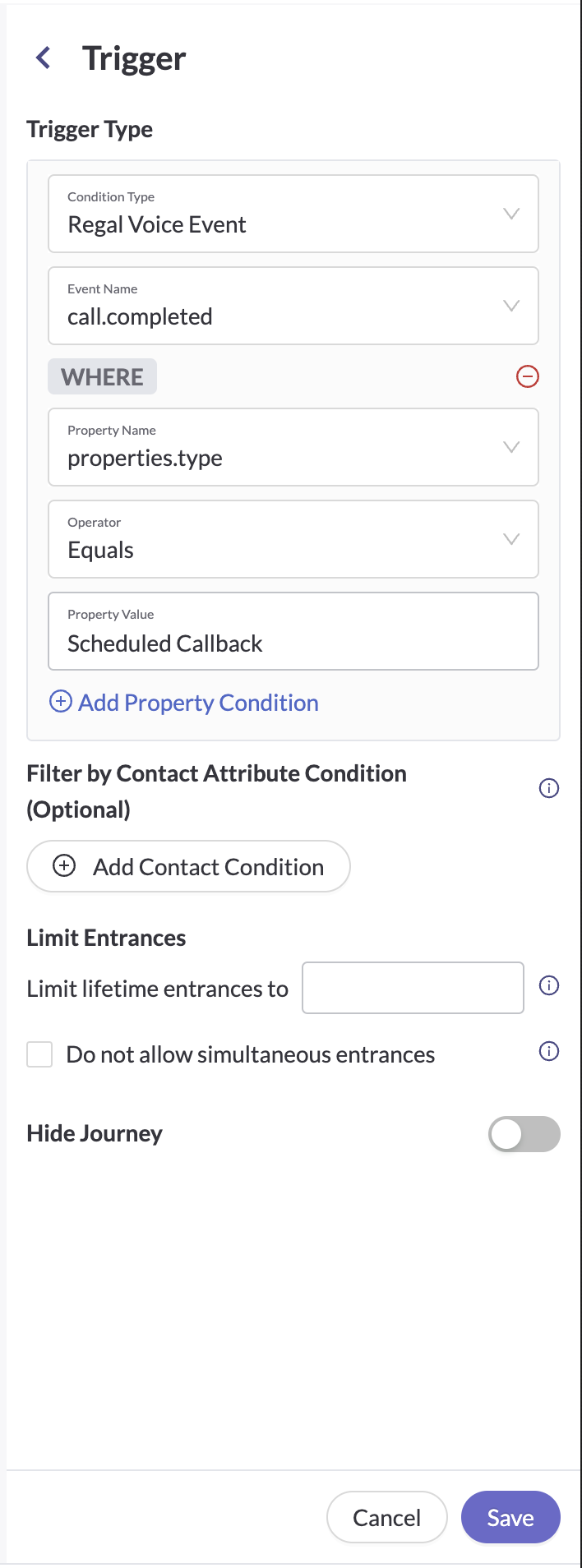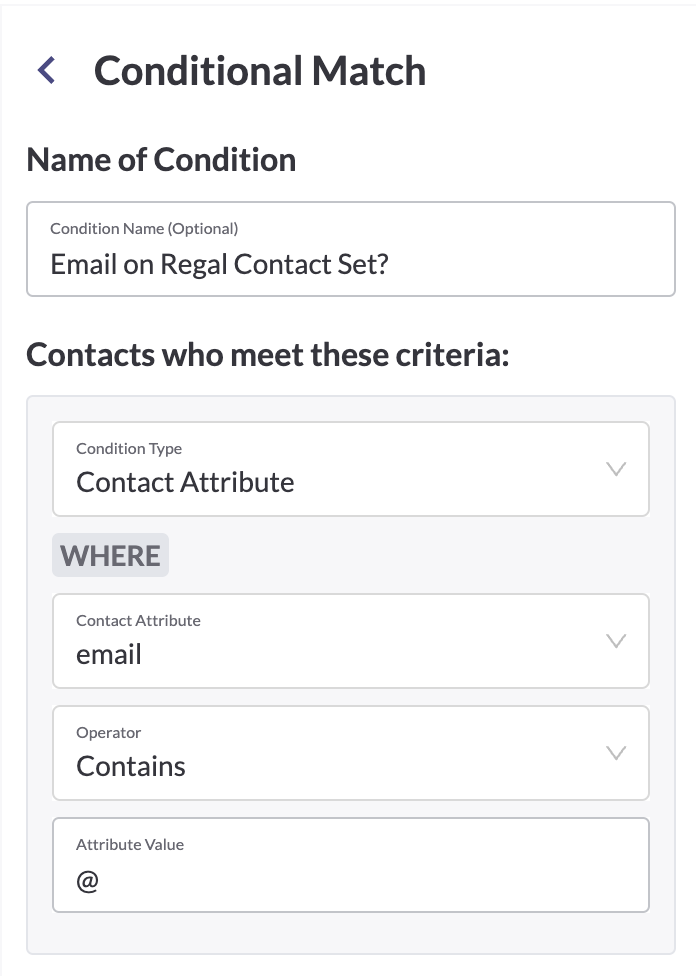Freshdesk
This guide describes how to use Regal as a source for sending your customer profile and event data to Freshdesk using Regal Journey Webhooks
Sending data from Regal to Freshdesk
Regal relies on Journey Webhooks to send data to the Freshdesk API. You can can find more information on Journey Webhooks in our knowledge hub.
Please refer to the Freshdesk API Docs to find out all the possible ways to receive data. In this document, we'll be using the Ticketing API.
1) Create New Freshdesk API Key
Log in to your Freshdesk account.
Click on your profile picture on the top right and select 'Profile Settings.'
In the sidebar on the right, you will find the View API key button. To access the API key, click on it and complete the captcha verification.
Copy and store the key in a safe place for later use in Regal Journey Webhooks
Convert API Token to Basic Authorization using Postman
- Username: Freshdesk API Key
- Password: X
- There is no password, Freshdesk specifies you should put X
Copy Basic Authorization for use in the Regal Journey Webhook

2) Create Regal Journey
Navigate to Regal and create a new journey
Name the journey, in this example we'll call it "Freshdesk: Regal Scheduled Callback Completed"
Specify the Trigging event for the journey which can be a Custom Event or a Regal Voice Event.
In this example we want to log a ticket in Freshdesk when a Regal Scheduled Callback is completed. The trigger will be a Regal Voice Event, call.completed within an additional Trigger filter when the Type of task is a "Scheduled Callback".

Before you create a ticket in Freshdesk using a Journey Webhook, its important we check to see if the Regal Contact's email is set since email is the primary identifier in Freshdesk.

Create Custom Journey Webhook
- Name (e.g. Freshdesk: Create Solved Ticket)
- Endpoint URL:
https://www.yoursubdomain.freshdesk.com/api/v2/tickets(e.g.https://regal.freshdesk.com/api/v2/tickets) - Custom Headers:
- Authorization: Basic Auth Postman
- Content-Type: application/json
- Accept: application/json
- JSON Payload Example:
{ "description": "{{event.properties.agent_fullname}} completed a scheduled call. Notes: {{event.properties.notes}}", "subject": "Regal Scheduled Call Completed", "email": "{{contact.email}}", "priority": 1, "status": 4, "cc_emails": ["{{event.properties.agent_email}}"] }

Test Integration by Trigging Journey to confirm you see a resolved ticket in Freshdesk

Updated 14 days ago
